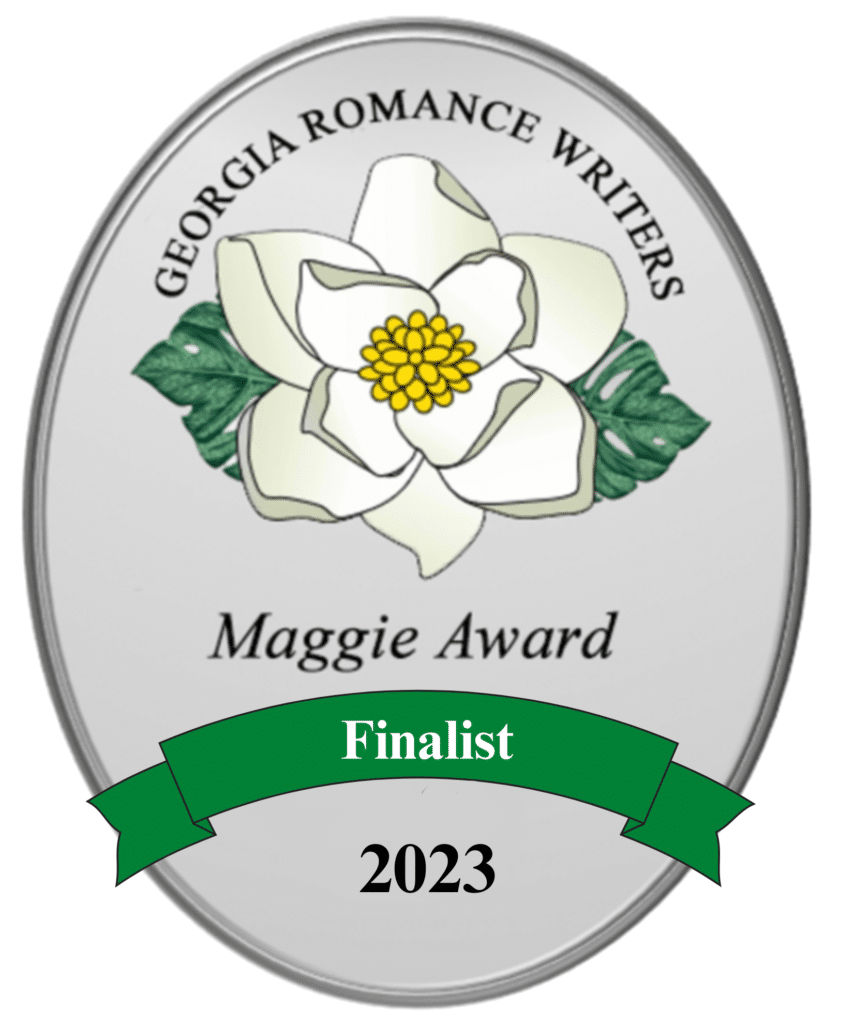Are you writing a book? Dictating your first draft might seem like a daunting task, but there are plenty of reasons why it can be a great idea. Here are 7 reasons why you need speech to text tools.

Dictating your first draft with speech-to-text is faster than typing.
Using voice dictation with a speech-to-text app is much faster than typing because even the most skilled typist probably can’t type faster than they speak. Also, when you’re typing your first draft it’s too easy to delete a typed sentence and retype it. This becomes a very self-defeating cycle of excessive editing and limited productivity. But with dictation the words flow freely from your mouth into the app. Then your words are converted to text. It’s fantastic!
Using speech-to-text tools allows you to move freely.
Dictation allows you to step away from your desk and create your first draft in a variety of environments. Although you certainly can dictate into your laptop using Google docs or Microsoft Word, dictating into an app on your smartphone means you can live a more active lifestyle. You can take a walk outside while you tell yourself your story. Some writers choose to dictate while hiking or using a treadmill. Using voice dictation and speech-to-text tools can help you become a healthier writer because you won’t experience the same chronic overuse injuries that you might endure if you sit at your laptop and type for hours every day.
Dictation will help you become a better writer.
One of the most surprising outcomes of using dictation to create my first drafts has been a noticeable improvement in my writing. Perhaps that’s because I’m increasing my output. We’re often taught that more practice eventually leads to stronger skills. In my opinion, using speech-to-text tools has stifled my internal editor. The need to tell a perfect story the first time around has decreased and I feel more freedom to just get the words out. As a romance novelist, striking a particular tone to provoke an emotional response in the reader is super important. Using speech-to-text tools help me get to that place in the creative process more consistently than if I sat at my laptop, staring out the window, wishing inspiration would strike.
More words written with fewer interruptions.
If you have any other additional responsibilities in life apart from writing (and if you’re a human most likely you do), one of the biggest obstacles to getting words down is frequent interruptions. A notification that another email has landed in your inbox. Or the temptation to stop writing and scroll through social media. Requests from your family members. Caregiving for a pet or a loved one. All of these ordinary events seem to conspire against you and sideline your productivity. That’s why using voice dictation and speech-to-text tools is so incredible. Dictation allows you to create half of the scene, a paragraph, or several thousand words depending on your abilities in a very small amount of time. You can log words in those chunks of time throughout the day when you are away from your laptop. I’ve dictated in the carpool line, while I’m waiting for an appointment to start, or when I only have a few minutes between meetings and just want to get a few hundred words in.
Dictation and speech-to-text tools are so efficient.
Technology has improved and using speech-to-text tools to dictate your novel is so easy now. I believe it’s more efficient to use dictation to create your first draft than it is to use a word processing tool. At first, I was afraid dictation would take away the joy of the creative process, but I have found the opposite to be true. Writing is so much fun now that I have figured out how to use dictation effectively. Yes, there’s a learning curve but any new skill set requires a period of learning and implementation. If you prefer, you can dictate your story as an audio file and then upload that audio file to a transcription service. AI will transcribe your words in a matter of minutes and you can export that file directly into Microsoft Word. It’s amazing!
Speech-to-text tools are affordable.
Whether you use an app on your smartphone or record audio files and upload to a transcription service, getting started with voice dictation is affordable. With any learned skill, as you improve, you may want to invest in additional upgrades such as: a microphone, an MP3 recorder, or paying for Otter.ai (instead of using the free option).
You can’t afford to NOT use speech-to-text tools to write your next book.
This may be a spicy take, but I’m sticking to my declaration. In the current publishing landscape, learning a new skill such as voice dictation will position you for more success. If you can produce more words and spend less time self-editing, plus create your first draft in a way that allows you to live a more active lifestyle, and produce more books per year, you will reap the benefits of using speech-to-text tools. It’s a win-win.
Final thoughts
I’ve been using voice dictation and speech-to-text tools for a few years now, and I can honestly say it’s changed my life for the better. I’m such a fan of this technology that I’ve decided to teach others how to use speech-to-text tools to create (and finish) their first drafts. The self-paced digital course Dictation 101 reopens for enrollment in April of 2024. Interested in learning more? Sign up for my newsletter to receive the latest updates + a free cheat sheet packed with tips and tricks to get started using dictation today.





